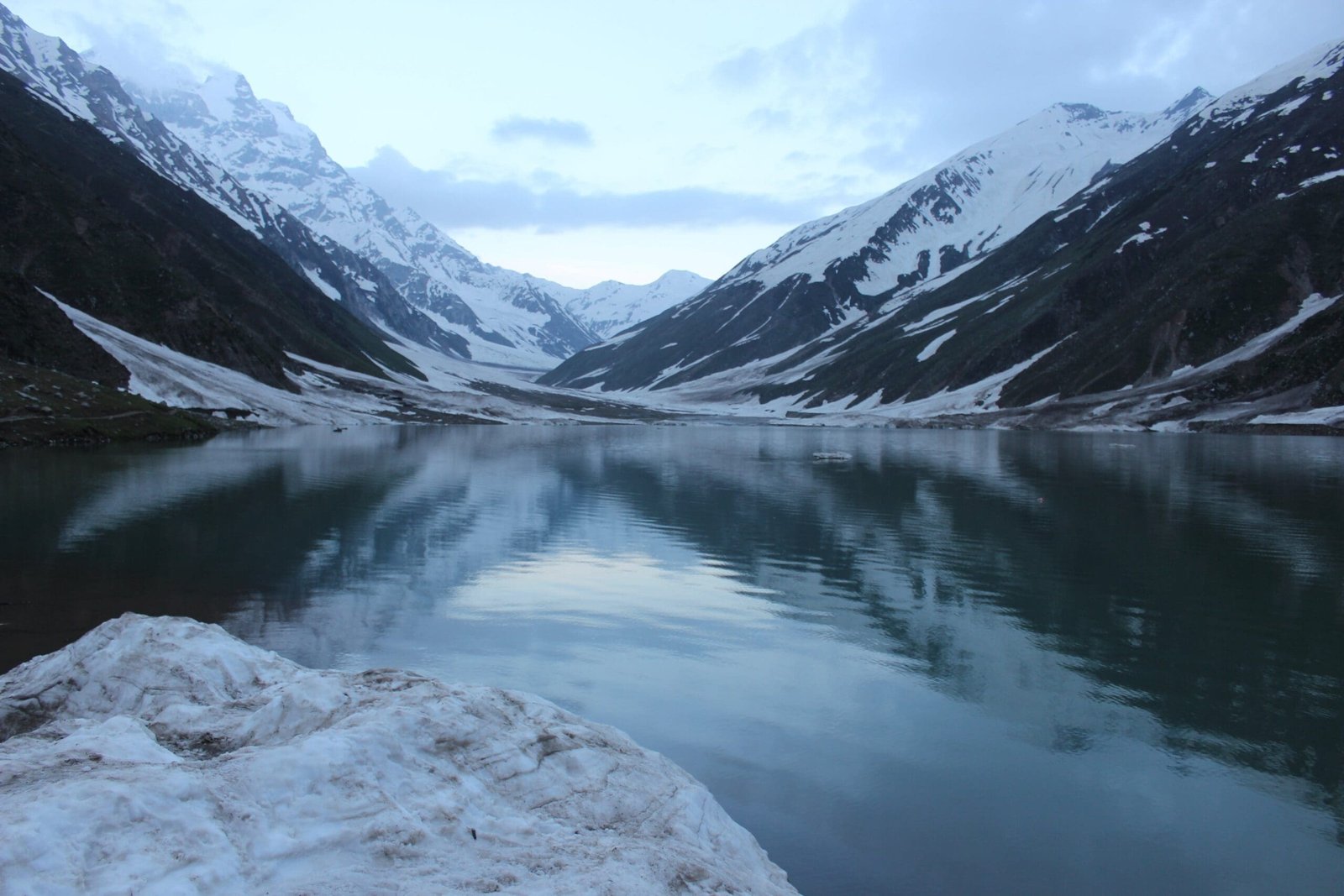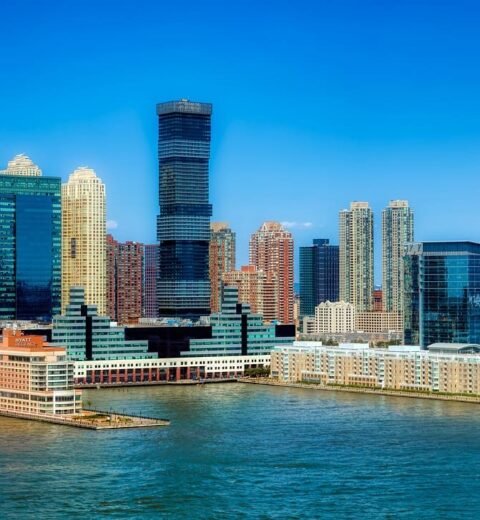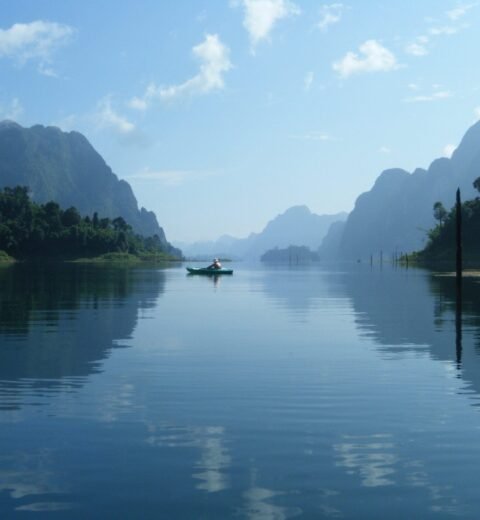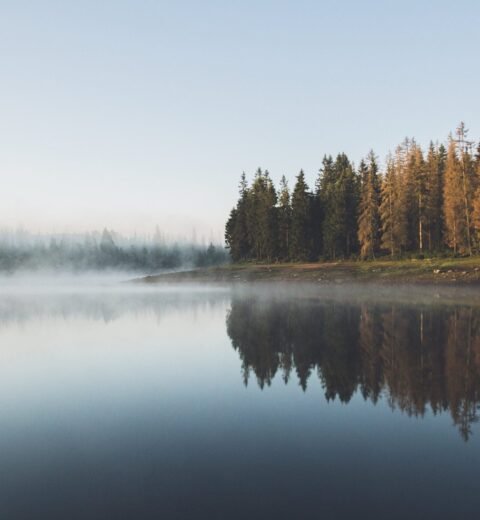Introduction
Jade Lake Washington the verdant forests and majestic mountains of the Pacific Northwest, Jade Lake stands as a shimmering jewel hidden away in the wilderness of Washington state. This pristine alpine lake, aptly named for its mesmerizing green hue reminiscent of the precious gemstone, captivates adventurers and nature enthusiasts alike with its serene beauty and untouched wilderness. In this comprehensive exploration, we delve into the allure of Jade Lake, uncovering its geological origins, ecological significance, recreational opportunities, and the efforts to preserve its natural splendor.
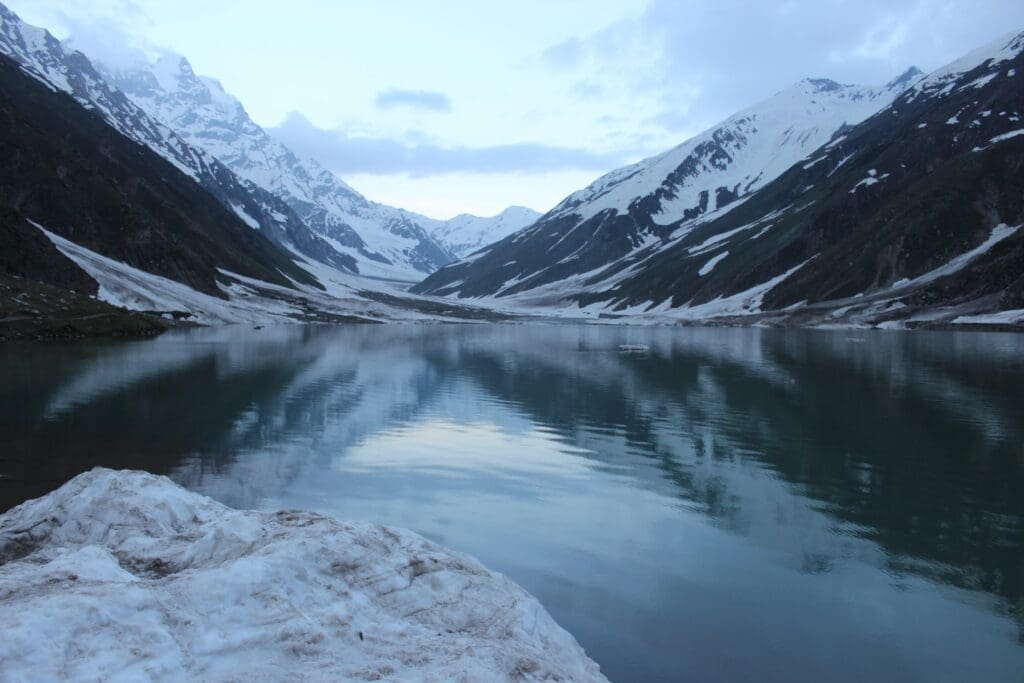
Geological Formation
Jade Lake owes its distinctive color to a unique combination of geological factors and ecological processes. Situated within the rugged landscape of the Alpine Lakes Wilderness, this glacially-fed lake is nestled at an elevation of approximately 5,000 feet above sea level. The surrounding mountains, primarily composed of granite and other metamorphic rocks, contribute to the lake’s stunning backdrop and serve as a testament to the region’s tumultuous geological history.
The distinctive green coloration of Jade Lake is attributed to the presence of suspended rock flour particles in the water. Rock flour, also known as glacial flour, is finely ground rock material produced by the grinding action of glaciers as they move over bedrock. This fine sediment, comprised of pulverized minerals such as quartz and feldspar, is carried by glacial meltwater and deposited into the lake, giving rise to its striking emerald hue.
Furthermore, the lake’s clear, turquoise waters are a result of the glacial melt that feeds it. The purity and clarity of the water contribute to its ethereal beauty, allowing visitors to witness the lake’s submerged features with remarkable clarity.
Ecological Significance
Jade Lake serves as a vital ecological haven within the Alpine Lakes Wilderness, supporting a diverse array of plant and animal life. The surrounding forested slopes provide habitat for an assortment of wildlife, including black bears, mountain goats, deer, and various bird species. Additionally, the lake itself sustains populations of fish, such as trout, which thrive in its cold, pristine waters.
The fragile ecosystem surrounding Jade Lake is characterized by subalpine and alpine vegetation, including coniferous forests, meadows adorned with wildflowers, and delicate alpine flora. These ecosystems are particularly vulnerable to human disturbances, underscoring the importance of responsible stewardship and conservation efforts to preserve their integrity.
Recreational Opportunities
Jade Lake beckons outdoor enthusiasts with a wealth of recreational opportunities amidst its breathtaking wilderness setting. Hiking trails wind their way through old-growth forests and alpine meadows, offering visitors the chance to explore the surrounding wilderness and soak in panoramic vistas of the Cascade Range.
One of the most popular hiking routes to Jade Lake begins at the Trailhead of Surprise Creek, located off Forest Road 68. The trail meanders through a picturesque landscape, crossing babbling creeks and traversing rugged terrain before culminating at the tranquil shores of Jade Lake. The journey rewards hikers with awe-inspiring views and a sense of solitude amidst the pristine wilderness.
For those seeking a more immersive experience, overnight camping is permitted in designated campsites near the lake. These primitive campsites offer a rustic retreat amidst the tranquility of nature, allowing visitors to spend a night under the starlit sky and awaken to the serene beauty of Jade Lake at dawn.
Conservation Efforts
Preserving the natural beauty and ecological integrity of Jade Lake is of paramount importance, given its significance as a pristine wilderness area. The Alpine Lakes Wilderness, encompassing Jade Lake and its surrounding environs, is designated as a protected wilderness area under the Wilderness Act of 1964, ensuring that its rugged landscapes and delicate ecosystems remain safeguarded for future generations.
Efforts to conserve Jade Lake and the broader Alpine Lakes Wilderness involve a collaborative approach, bringing together government agencies, conservation organizations, and local stakeholders. These efforts encompass initiatives such as trail maintenance, invasive species management, and educational outreach to promote responsible outdoor recreation practices.
Additionally, ongoing research and monitoring efforts contribute to our understanding of the ecological dynamics and conservation needs of Jade Lake and its surrounding ecosystem. By fostering a deeper appreciation for the intrinsic value of wilderness areas like Jade Lake, these endeavors strive to foster a culture of environmental stewardship and conservation consciousness.
Conclusion
In the heart of the Pacific Northwest lies a hidden gem of unparalleled beauty and wilderness allure: Jade Lake, Washington. From its striking emerald waters to its rugged mountain backdrop, Jade Lake captivates the imagination and beckons adventurers to explore its pristine shores.
As we journey through the geological origins, ecological significance, recreational opportunities, and conservation efforts surrounding Jade Lake, we gain a deeper appreciation for the natural wonders that grace our planet. It is through our collective stewardship and dedication to conservation that we can ensure the continued preservation of this majestic alpine sanctuary for generations to come.
So, whether you’re embarking on a scenic hike, casting a line into its crystal-clear waters, or simply reveling in the tranquility of its shores, Jade Lake offers an unforgettable wilderness experience that lingers in the heart and soul long after the journey’s end. Come, immerse yourself in the mystique of Jade Lake, and discover the magic of Washington’s hidden gem.
Discover more from EMMOCEB
Subscribe to get the latest posts sent to your email.
